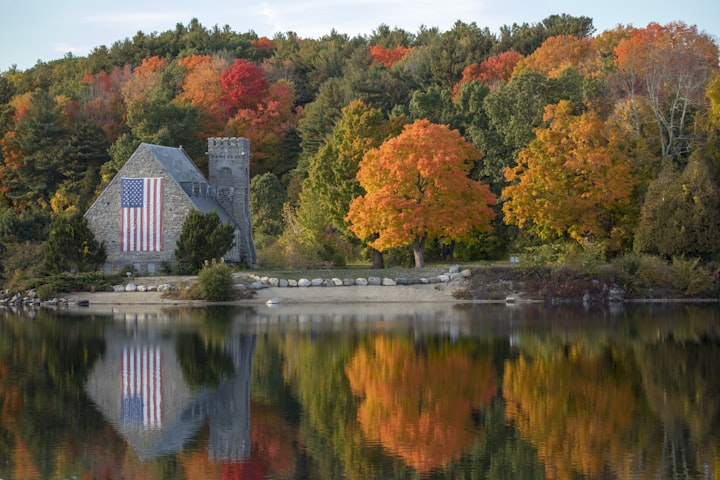Snowflake Generation, Myth or Reality
How representative are they who claim no platform?

In the media are reports that places of education, for teenagers and young adults, are claiming that the students are demanding that speakers, who they do not agree with, must not be allowed a “platform” to speak. It is also reported they want “safe spaces” where views they do not agree with are not allowed.
This has lead to the present generation of young adults being called the “snowflake generation.”
As a mature person who grew up in the second world war, survived the subsequent wars and the “Cold War,” I find this so hard to understand. How do you learn what you do not agree with, if you do not listen to it? How do you know what food you do not like, if you do not taste it? The old saying, I do not like that because I have not tried it, comes to mind.
I hear claims that those objecting to a particular speaker, know what they are going to say and do not want to hear it. This again is a short sighted attitude and any way if you do not like the music a band plays you do not go to their gigs. Simple. If the real demand is censorship of what is allowed to be said, then we are on a very dangerous path towards totalitarianism. The very thing so many have died trying to prevent. The very thing writers like George Orwell have warned against.
If this refusal to allow views you do not like, had been the ruling way, from 1950 until today; then homosexuality would still be illegal.
If people disagreeing with a majority, had been refused a platform to speak on, then Apartheid would still be a way of life in many countries.
If only the protected orthodox view of those in control, had been allowed a “voice,” then women would not even consider equality a remote possibility.
If the only speakers to be given a hearing, were those chosen by some unknown elite, then the green movement would never have started.
If the only views allowed were predetermined by some hidden “establishment,” then teachers would still cane children for speaking out of turn.
I wonder exactly who decides that the students at a particular campus do not want to hear a particular view point? Do they take a democratic secret vote on it? Or is it decided by a show of hands at some meeting organised by a political group and which is avoided by the majority of students.?
Recent elections have thrown up media based opinions that the majority of young voters are left wing; for example it is claimed in Britain that most young voters opposed Britain leaving the EU and that in a general election most young people voted for the extreme left Labour party of Mr Corbyn. If this is true then it seems younger voters tend to believe election promises, while old ones remember all the broken promises, by both sides of the political spectrum. They remember just how many firm promises before an election, became aims that could not now be met, after it.
Since all elections and referendums are secret ballots, I have to question these claims made of younger voters, how are they arrived at? Why does the political attitude of the media body, which makes the announcement, seem to affect the claim? Organisations, such as the BBC and the Guardian newspaper, in Britain, are well known for “liberal left” views and these are the main ones claiming they know young people voted for the “left wing” politics, despite the secret votes.
This still does not explain why a generation of people, many of whom are happy to get involved in violent computer games, feel they need protecting from views they may not like.
Is this a case of a few activists claiming to speak and act for all students? when actually only about one in ten even give the subject in question a moment's thought. Most are too busy with studies, and life, while some focus on sport, and others fill their spare time with drinking and sexual pleasures. From my days, in the distant past, working in factories with strong union representation, the actual numbers of union members who went to meetings and voted on election for their representatives, was dreadfully small. I suspect student unions are still like this. In an age of smart phones, the internet and constant movement, there should be voting on line, in secret ballots and the results should be declared as actual numbers and as percentage of the number of eligible voters. If this is under 25% then the vote should be declared void as clearly the winner does not enjoy the support of the majority.
The issue appears to be; that the opinions of a few are being presented as factual evidence as to the will of the majority. It is time the majority of snowflakes got together and put out the fire of the zealots.
About the Creator
Peter Rose
Collections of "my" vocal essays with additions, are available as printed books ASIN 197680615 and 1980878536 also some fictional works and some e books available at Amazon;-
amazon.com/author/healthandfunpeterrose
.






Comments
There are no comments for this story
Be the first to respond and start the conversation.